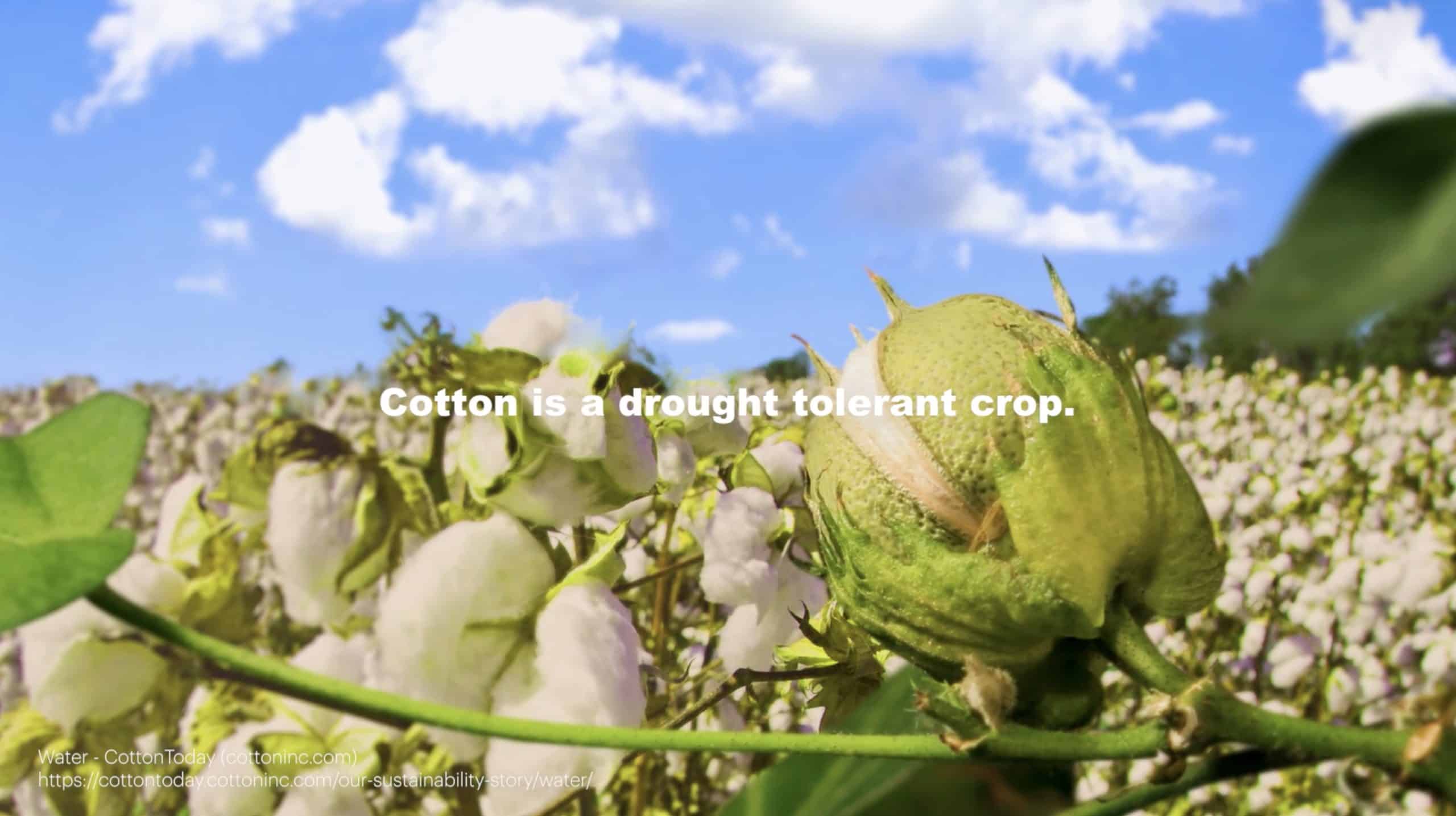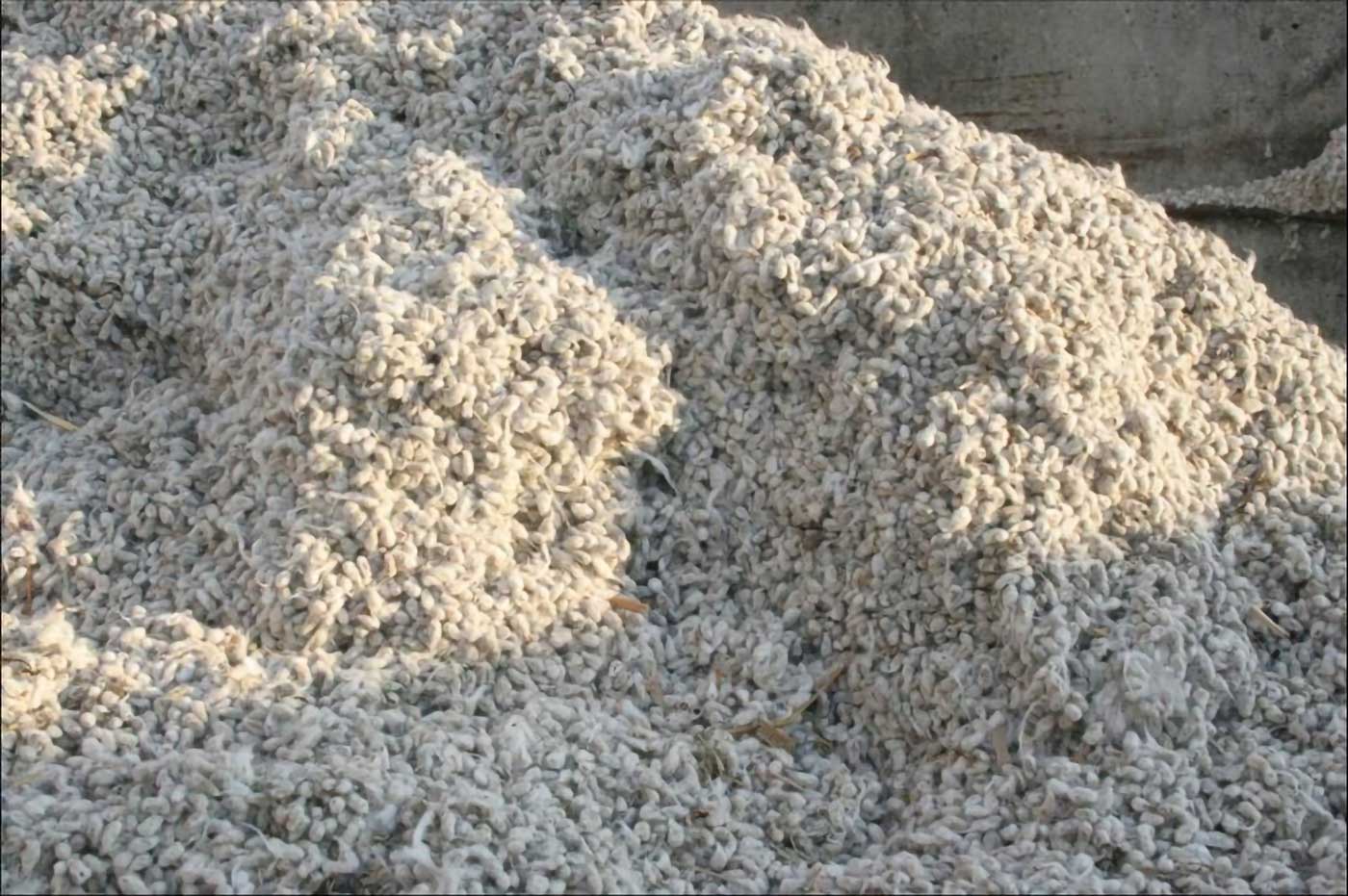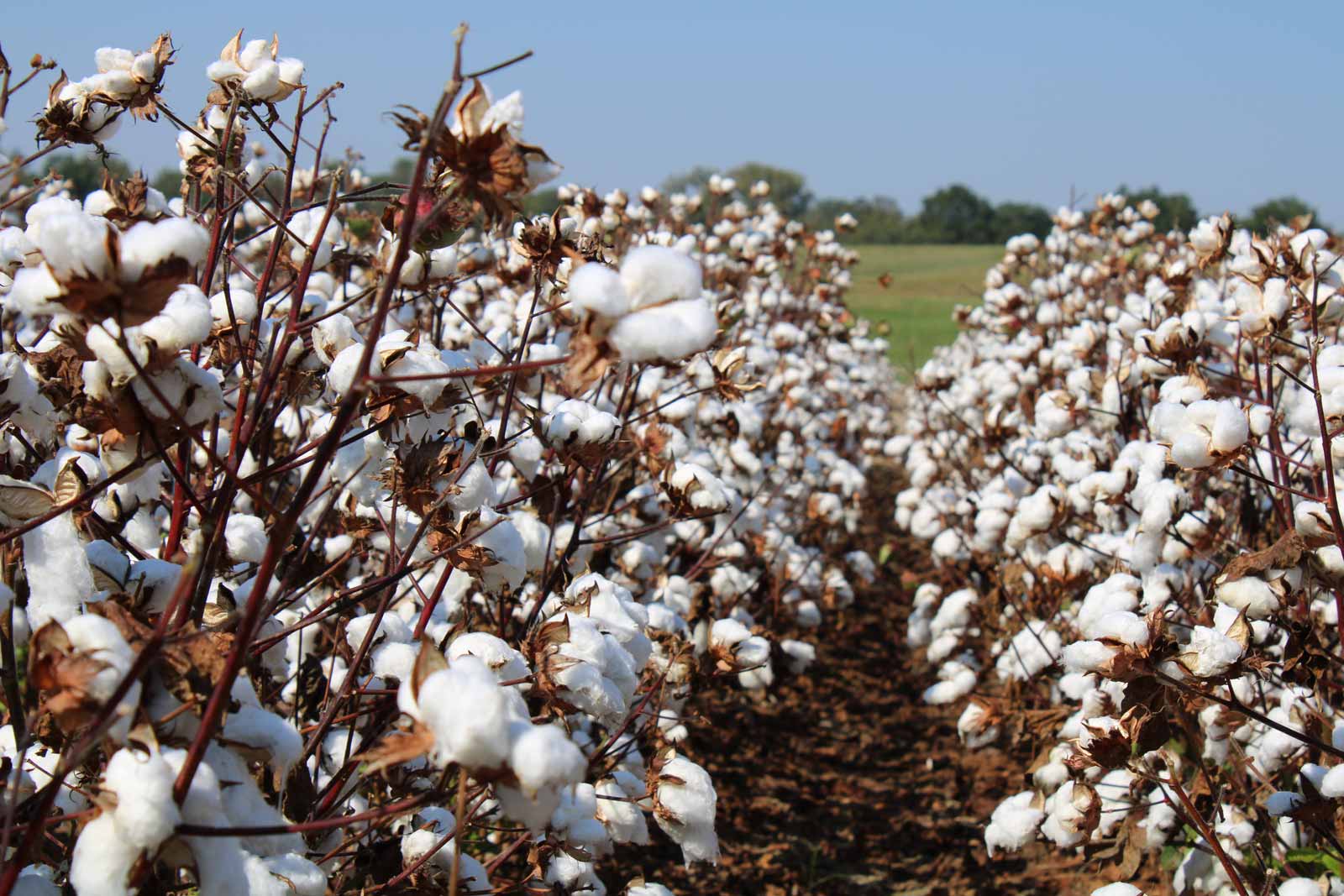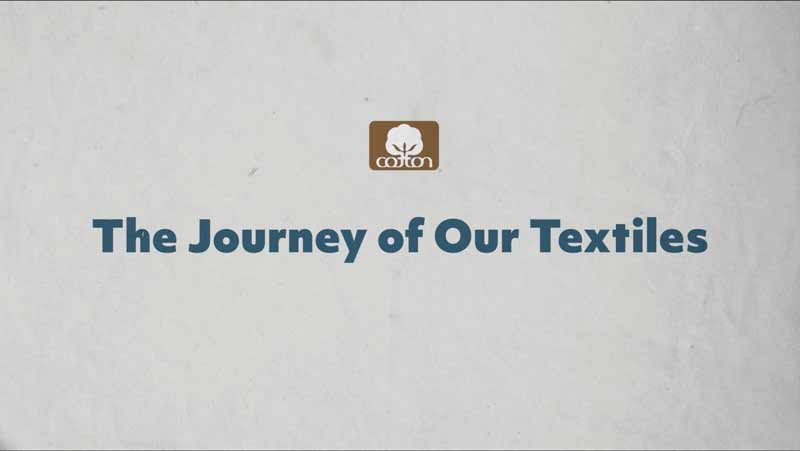Cotton is a drought tolerant crop.
Cotton is a drought tolerant crop. 64% of all cotton grown in the US relies entirely on rainfall. The remaining 31% receive supplemental irrigation and only 5% is fully irrigated.
Innovations in dying processes and performance finishes have significantly reduced water and energy needs.
Every time clothes are washed, microfibers enter our waterways because they are too small to be completely filtered by wastewater treatment equipment. These microfibers then stay in our waterways. Since cotton is a natural fiber, it breaks down in water in just over three months end a rate similar to Oak leaves. But synthetic fibers stay in the water for long periods of time period between 20 to 200 years depending on the environment. Fibers from synthetic clothing make up 35% of the microplastics in our oceans. By 2050 there may be more plastic in our oceans than fish. This microplastic waste affects everything in the ecosystem, including what we eat. Researchers found that humans eat a credit card worth of plastic every week. Cotton fibers are natural, so they biodegrade in water, and don’t contribute to plastic waste.
Help save our water. Check the label for cotton.



